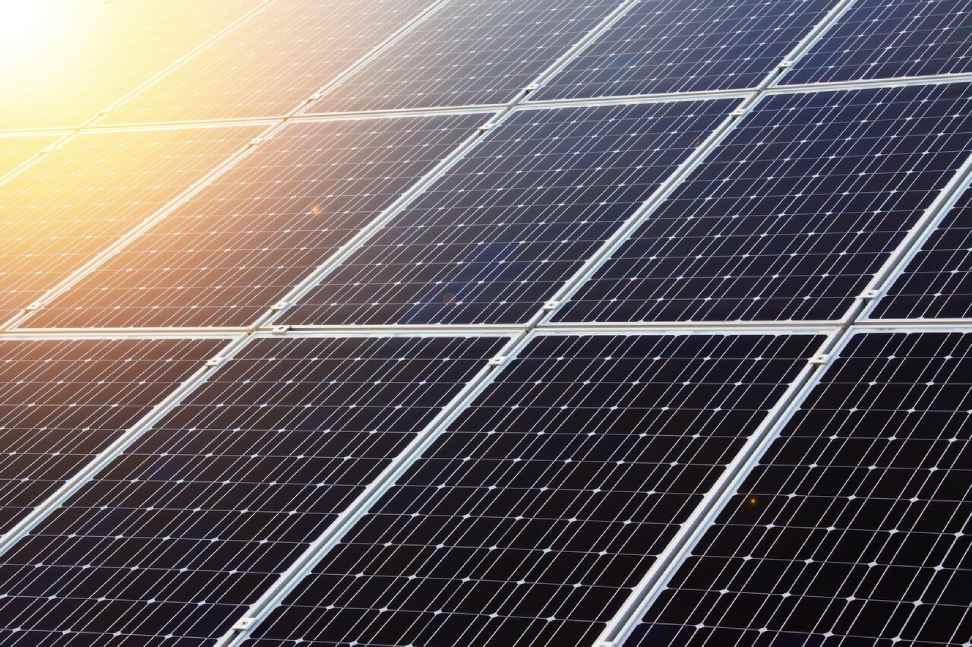100exch, Matchexch9, Laser 247.com: Despite the tremendous potential of solar energy, challenges in solar panel efficiency continue to persist. One major obstacle lies in the limited ability of current solar panels to effectively harness and convert sunlight into electricity. The efficiency rates of many solar panels on the market today still fall short of reaching optimal levels, hindering the overall performance and cost-effectiveness of solar energy systems.
Another key challenge facing solar panel efficiency is the issue of degradation over time. As solar panels are exposed to various environmental factors such as extreme weather conditions, dust accumulation, and UV radiation, their efficiency tends to decrease gradually. This degradation not only impacts the overall energy production of the panels but also necessitates more frequent maintenance and replacement, adding to the overall operational costs of solar energy systems.
Advancements in Photovoltaic Technology
Solar photovoltaic technology has seen remarkable advancements in recent years, leading to increased efficiency and cost-effectiveness of solar panels. One significant development is the use of perovskite materials in solar cells, which have shown great promise in boosting efficiency levels. Perovskite solar cells have the potential to surpass traditional silicon cells due to their ability to absorb a broader range of light wavelengths, thus generating more electricity from the same amount of sunlight.
Furthermore, research into improving the durability and stability of photovoltaic materials has been a key focus in the quest for more efficient solar panels. By enhancing the lifespan of solar cells and ensuring their performance remains consistent over time, scientists aim to address one of the major concerns associated with solar technology. This research includes exploring new encapsulation techniques to shield solar panels from environmental factors such as moisture and heat, ultimately prolonging their effectiveness in generating clean energy.
Impact of Materials Science on Solar Panel Efficiency
99 Exchange, Big Exchange ID, Maxwin9: Materials science plays a crucial role in enhancing the efficiency of solar panels. The quest for more efficient photovoltaic materials has led to significant advancements in the field. Scientists are continually experimenting with new materials and exploring their properties to improve the performance of solar panels.
One key aspect of materials science is the development of materials that can absorb a broader range of sunlight, allowing for increased energy conversion. By understanding the behavior of different materials at the atomic level, researchers can design more effective solar cells. This ongoing research holds promise for the future of renewable energy, as more efficient solar panels could potentially revolutionize the way we harness and utilize solar power.
What are some challenges in improving solar panel efficiency?
Some challenges include limited sunlight absorption, high production costs, and low conversion rates of solar energy into electricity.
How have advancements in photovoltaic technology helped improve solar panel efficiency?
Advancements in photovoltaic technology have led to the development of more efficient solar cells, improved light absorption capabilities, and increased energy conversion rates.
How has materials science impacted solar panel efficiency?
Materials science has played a crucial role in developing new materials with better light-absorbing properties, improved electrical conductivity, and greater durability, all of which have contributed to higher solar panel efficiency.
Can materials science continue to drive improvements in solar panel efficiency?
Yes, ongoing research in materials science is focused on developing new materials and technologies that can further enhance the efficiency and performance of solar panels in the future.

